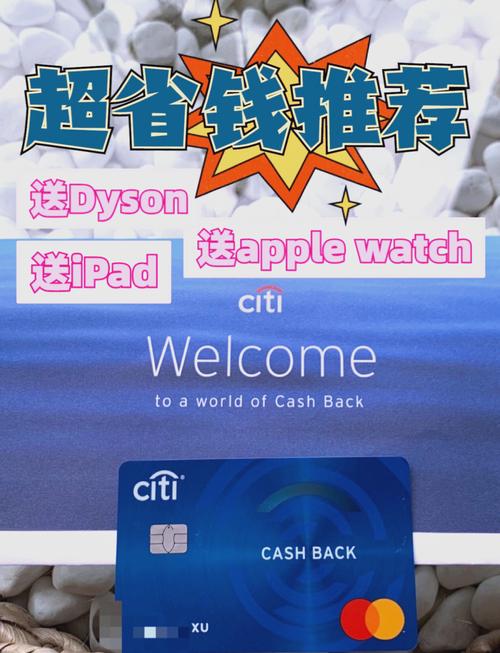Do You Need a Bank Account for Cash App?
Are you considering using Cash App, but you’re not sure if you need a bank account to do so? You’re not alone. Many people have the same question. In this article, we’ll delve into the details of using Cash App without a bank account, exploring the pros and cons, and providing you with all the information you need to make an informed decision.
Understanding Cash App
Cash App is a mobile payment service that allows users to send and receive money, pay bills, and even invest. It’s a popular choice for many due to its ease of use and wide range of features. But does it require a bank account to function? Let’s find out.

Using Cash App Without a Bank Account
Yes, you can use Cash App without a bank account. However, there are some limitations to keep in mind. Here’s how it works:
| Feature | Description |
|---|---|
| Registration | Download the Cash App and create an account using your phone number and email address. |
| Linking a Debit Card | Link a debit card to your Cash App account to send and receive money. This is the only way to access funds without a bank account. |
| Using Cash App Card | The Cash App Card is a virtual card that can be used for purchases and ATM withdrawals. You can order a physical card for a small fee. |
| Transfers | Send and receive money using the Cash App’s peer-to-peer transfer feature. Transfers to your linked card or bank account are instant, while transfers to other Cash App users may take a few minutes. |
As you can see, the process is quite straightforward. However, there are some drawbacks to using Cash App without a bank account:
- Limited Access to Some Features: Without a bank account, you won’t be able to invest or pay bills directly through Cash App.
- ATM Withdrawal Fees: If you use the Cash App Card for ATM withdrawals, you’ll be charged a fee.
- Transfer Limits: Transfers to your linked card or bank account are subject to a daily limit, which may be lower than what you’d have with a bank account.
Pros and Cons of Using Cash App Without a Bank Account
Now that we’ve covered the basics, let’s weigh the pros and cons of using Cash App without a bank account:
Pros
- Easy to Set Up: The process of registering and linking a debit card is simple and straightforward.
- Instant Transfers: Peer-to-peer transfers are fast and convenient.
- No Monthly Fees: Cash App doesn’t charge any monthly fees for using the app.
Cons
- Limited Access to Some Features: As mentioned earlier, you won’t be able to invest or pay bills directly through Cash App without a bank account.
- ATM Withdrawal Fees: Using the Cash App Card for ATM withdrawals can be costly.
- Transfer Limits: The daily limit for transfers to your linked card or bank account may be lower than what you’d have with a bank account.
Alternatives to Using Cash App Without a Bank Account
While you can use Cash App without a bank account, there are other options to consider if you’re looking for a more comprehensive financial solution:
- Mobile Banking Apps: Many banks offer mobile banking apps that allow you to manage your finances, send and receive money, and pay bills without a bank account.
- Prepaid Debit Cards: Prepaid debit cards can be used for purchases and ATM withdrawals, and some offer additional features like cash back and rewards.
- Credit Unions: Credit unions often offer more flexible banking options, including

